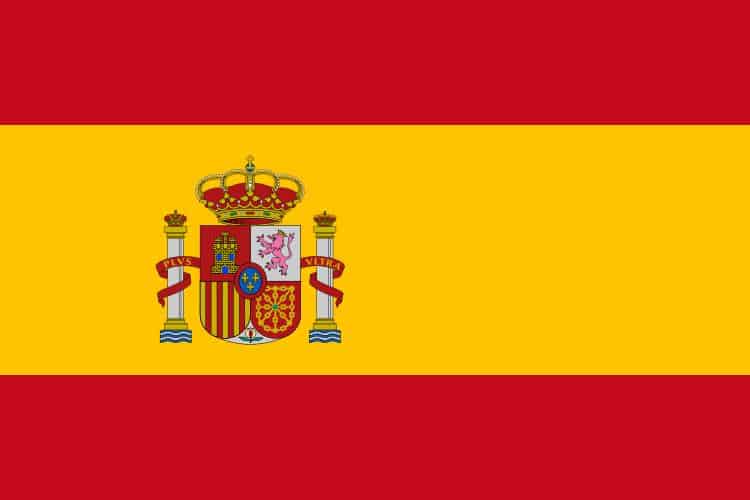By Rabbi Menachem Margolin (05/02/2014)
Recent months have seen revived attempts by politicians, both in the European Parliament and as domestic level in various EU member states, to legislate on the sacred ritual tradition of Jewish animal slaughter. A September draft written declaration in the European Parliament called on the Commission to instigate special labelling for the meat of ritually slaughtered animals, to eliminate “misleading omissions liable to distort the transactional decisions of consumers”, whilst claiming that consumers should have the right to ensure the meat they are purchasing comes from animals that have been slaughtered with proper regard to animal welfare.
The Polish parliament dismissed a government-sponsored bill to protect the religious slaughter of animals, whilst their Lithuanian counterparts voted in legislation aimed at protecting the practice.
The ability to eat kosher meat is a fundamental right for all people. The fact is that many people prefer to eat kosher meat simply for health reasons, regardless of religious beliefs or considerations.
Of course, everyone must respect the public’s right to know; there is no question that it is fair and correct to require listing a food’s ingredients on the label. Nevertheless, it is clear that the calls of a number EU member states to label meat slaughtered according to religious ritual as such, sets off many alarms – history has shown that such demands have led to large-scale bloodshed (human, not animal blood).
Did these pluralistic liberals, before attempting to isolate their neighbours who subscribe to different lifestyle choices, ascertain whether or not traditional kosher slaughter causes more harm or abuse to animals, G-d forbid, than other methods of slaughter? Had they conducted that research, they would have discovered that countless objective authorities agree that religious slaughter – both by Jewish and Muslim doctrine – is the least painful method of animal slaughter. In fact, the Jewish kosher slaughter code requires that no less than thirteen steps be taken before an animal may be slaughtered. One of these requirements is to verify that the animal is not hungry or thirsty when it is slaughtered.
If those “enlightened” individuals were truly concerned about animal rights, they would declare war on all forms of slaughter. Animal rights are not guaranteed by disparaging one particular method of killing animals, whilst allowing others to continue unabated, including hunting or factory slaughter?
And if allowances must be made, considering most people consume meat top some degree, and our decision-makers choose instead to legislate on the most humane method of slaughter (is it humane to put a living thing to death in any manner?), they ought to worry about the conditions in which animals are raised before their slaughter. They should be concerned about ensuring
sufficient living space, quality and quantity of food, medications, comfort level during transportation for slaughter, quality and wattage of the electric shocks administered for slaughter, the number of shots needed to kill an animal, and more.
The number of animals slaughtered each year according to kosher standards is less than 1 percent of those slaughtered by other methods. If the issue in question here is the public’s right to know, what logic is there in demanding that kosher meat be labelled, without addressing the 99.9 percent of the slaughtered animals in the country?
For the past 3,000 years, the Jewish people have had to deal constantly with innumerable attempts to infringe upon their freedom of religion – a liberty that has long been established as a basic human right.
As well as being illogical and inconsistent from the perspectiveof animal rights, labelling kosher meat will give ammunition to anti-Semites to attack Jewish tradition. It is very disturbing to note that people who claim to be enlightened liberals are advancing this motion. These people who present themselves as pluralists are, perhaps unwittingly, waging an all-out war against anyone who chooses to live differently from them.
In the 1930s, things began with the burning of books and ended with the burning of human beings. I shudder to think how this new discrimination, beginning with methods of animal slaughter, will end.














